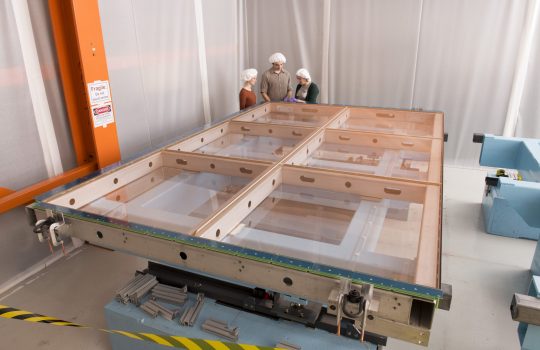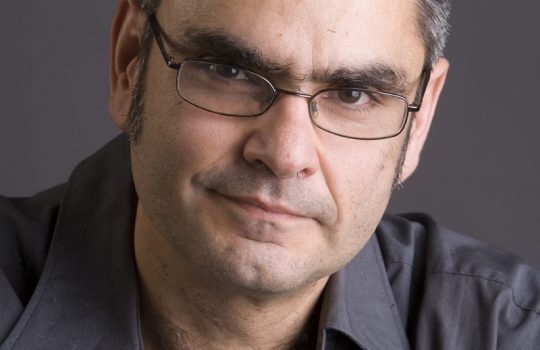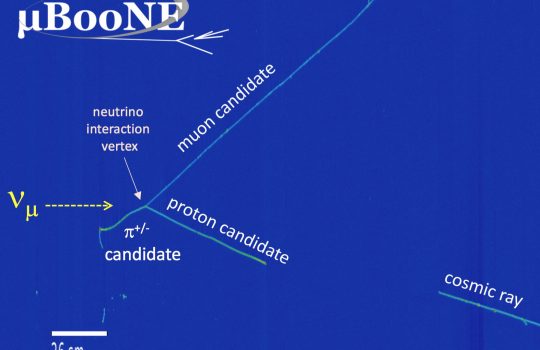Key role for UK industry in answering fundamental questions about the universe
From UK Research & Innovation news, March 15, 2019: A major new physics facility at Fermilab is expected to have UK technology at its heart and lead to significant spin-off opportunities for UK companies.
The new PIP-II particle accelerator will power the Deep Underground Neutrino Experiment, which aims to address key questions about the origins and structure of the universe. The UK has committed £65 million investment to help build and operate DUNE, PIP-II and technology for the neutrino beam.




